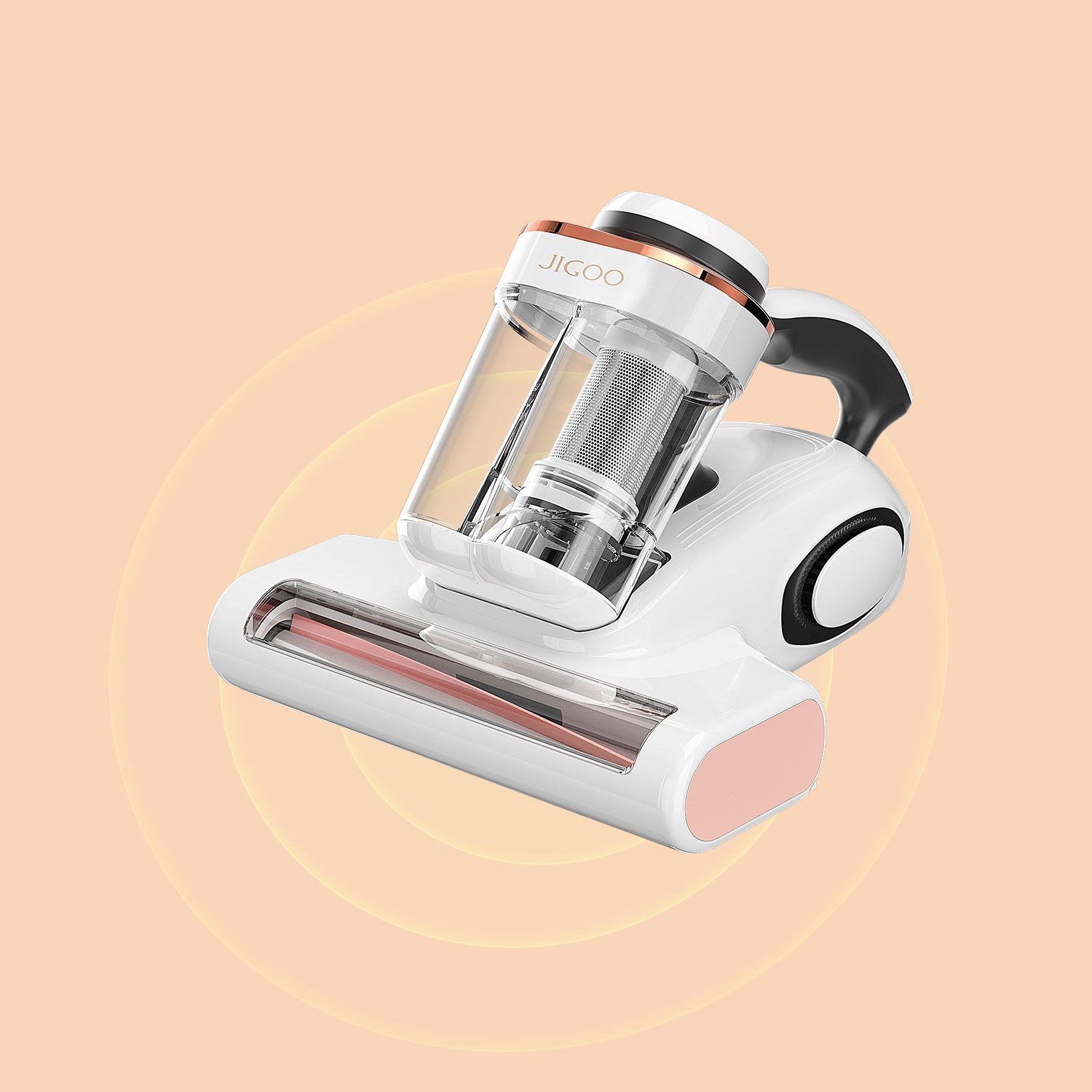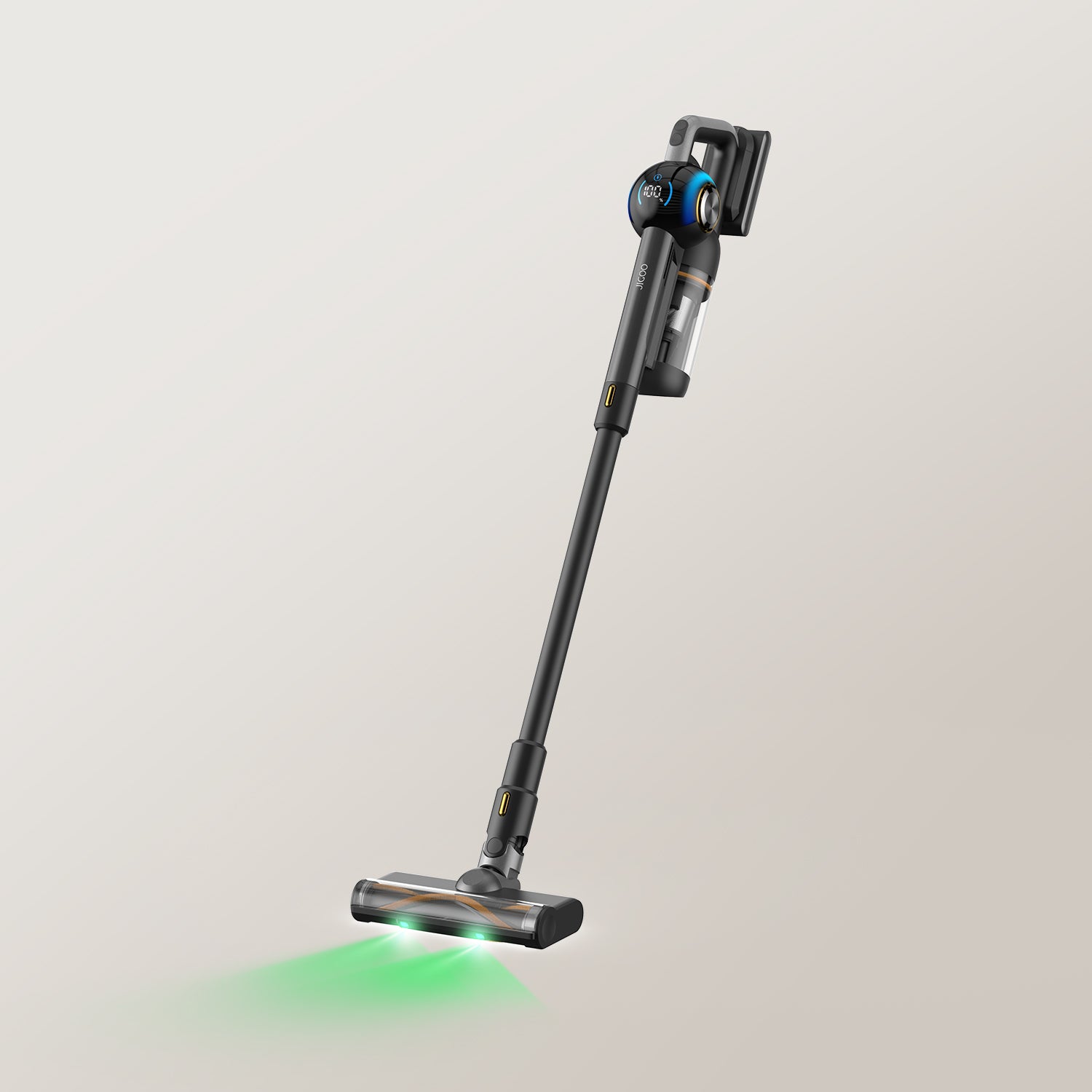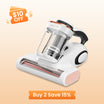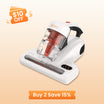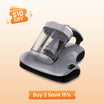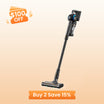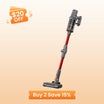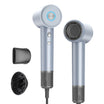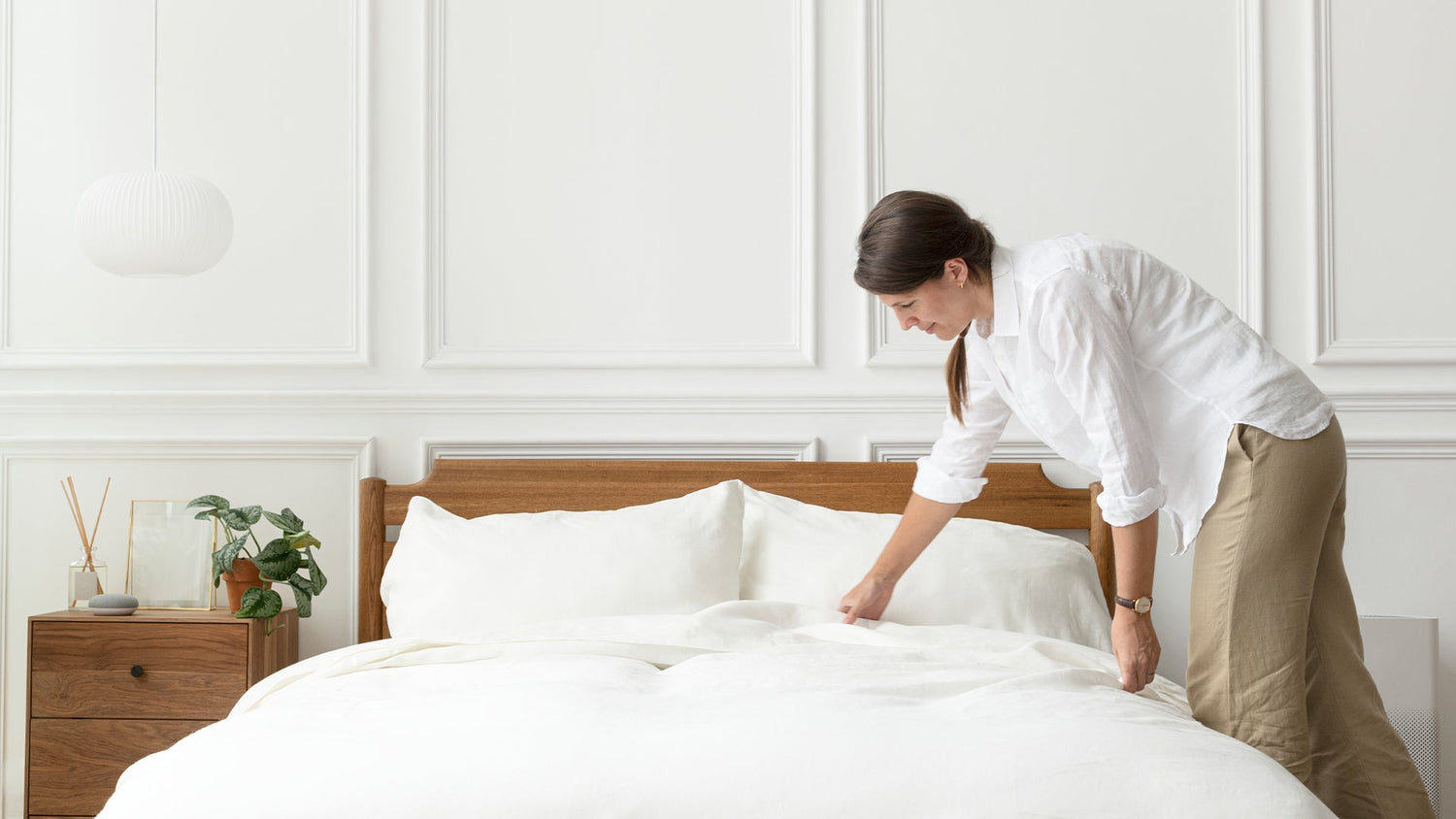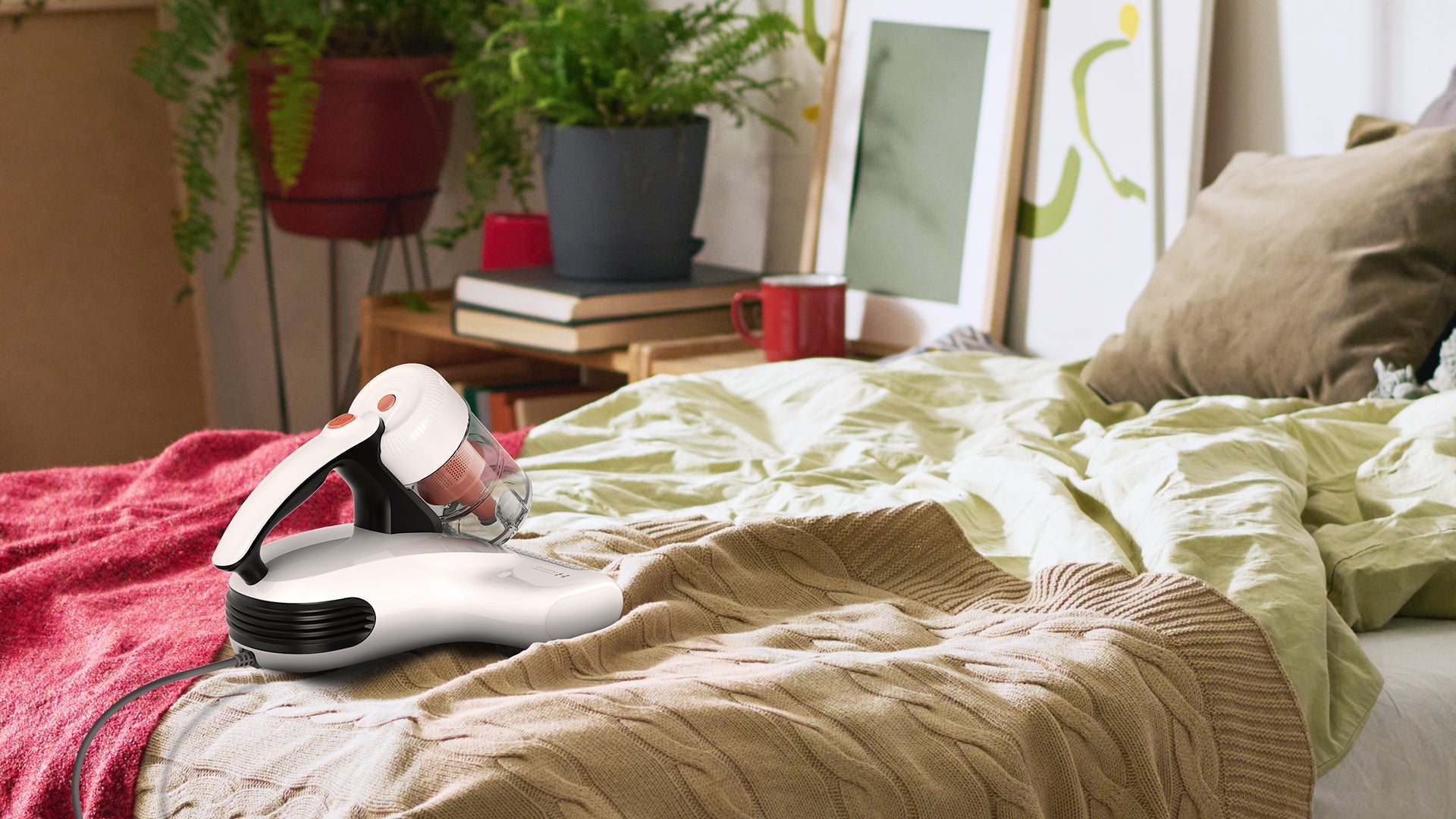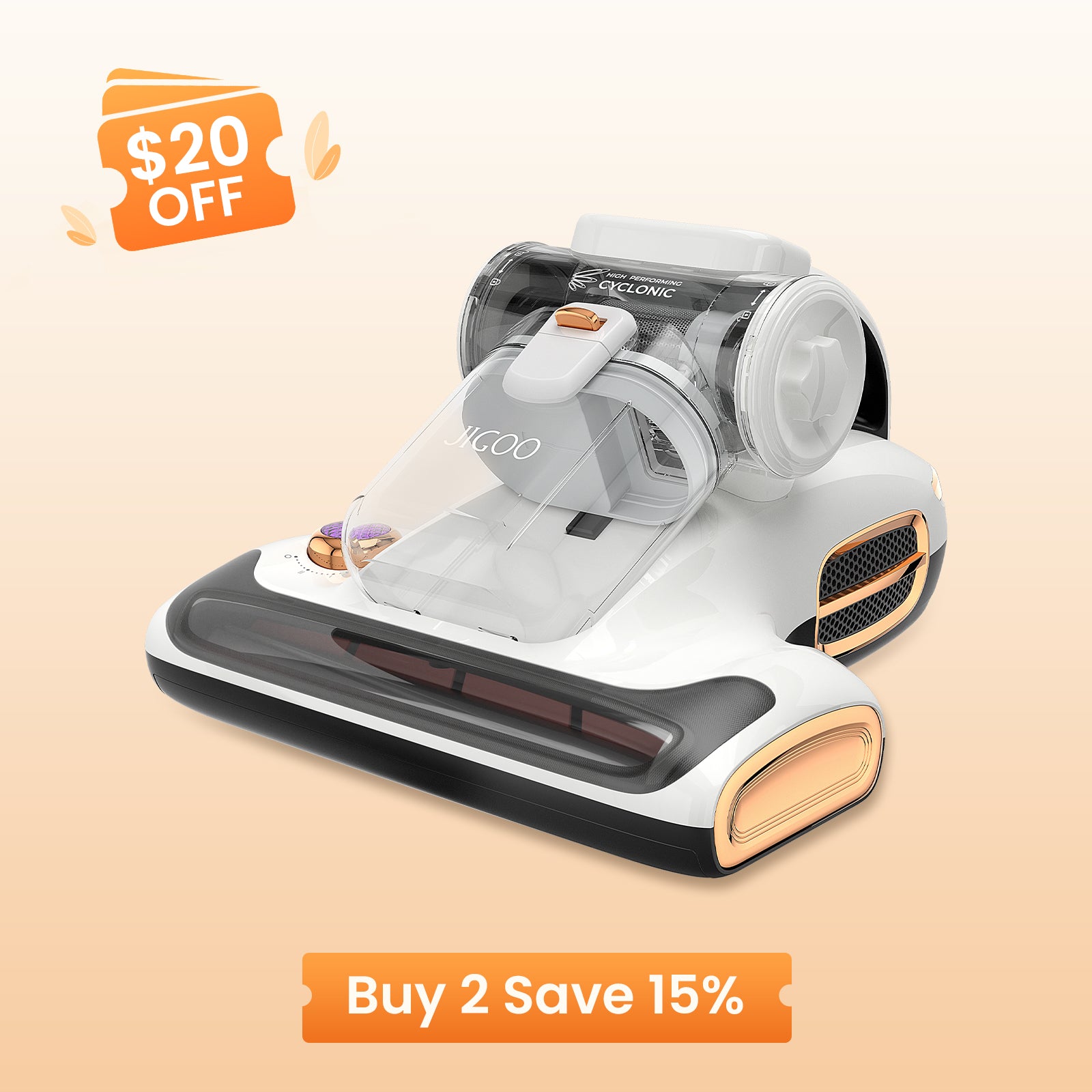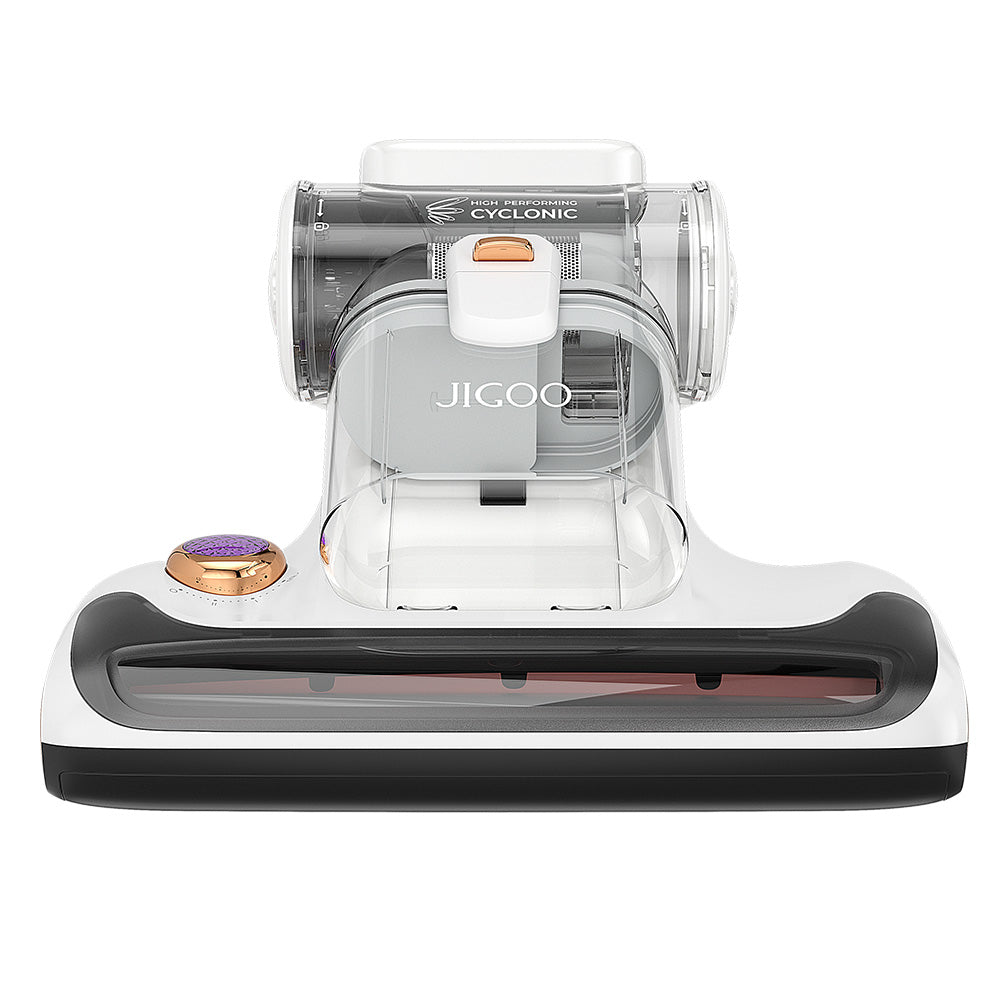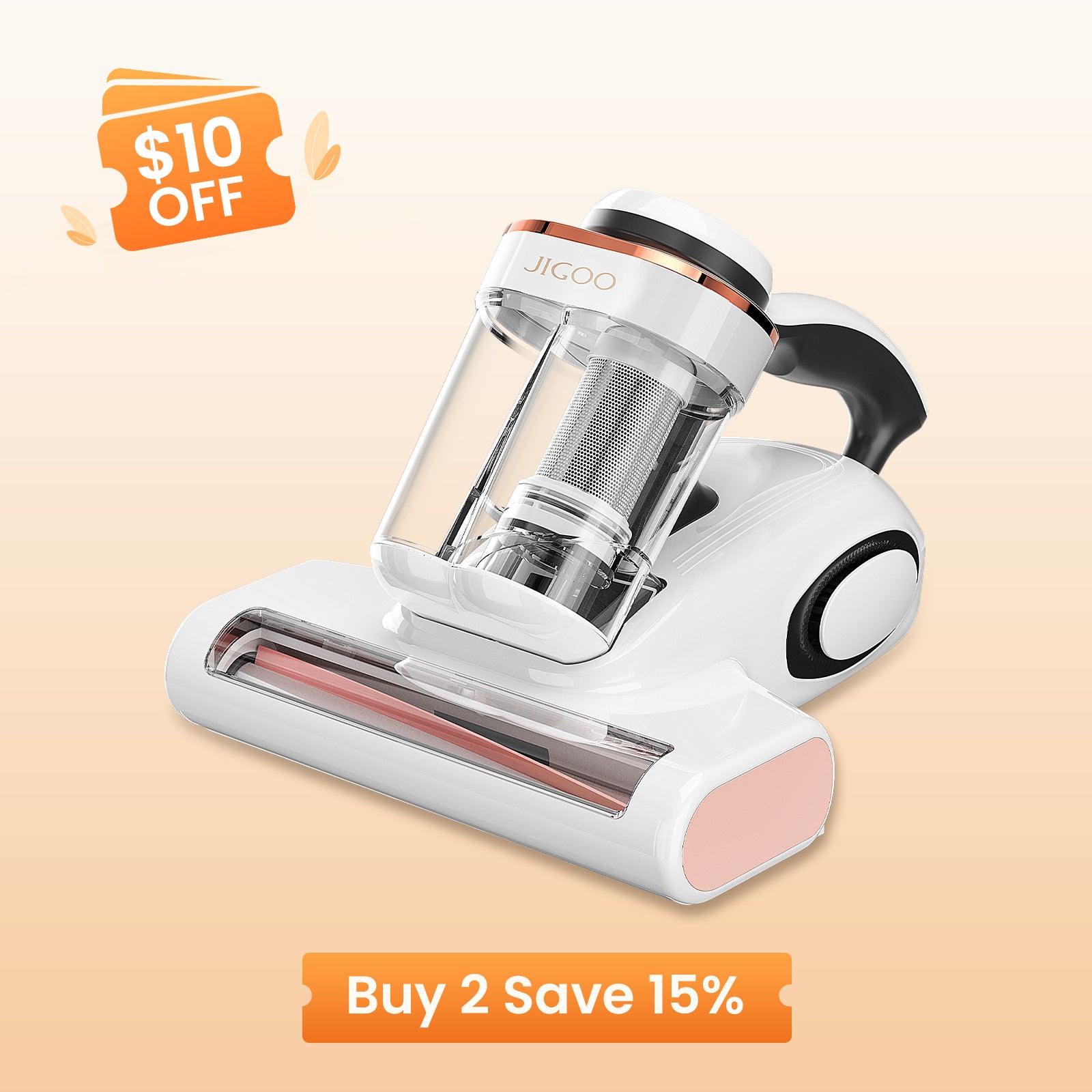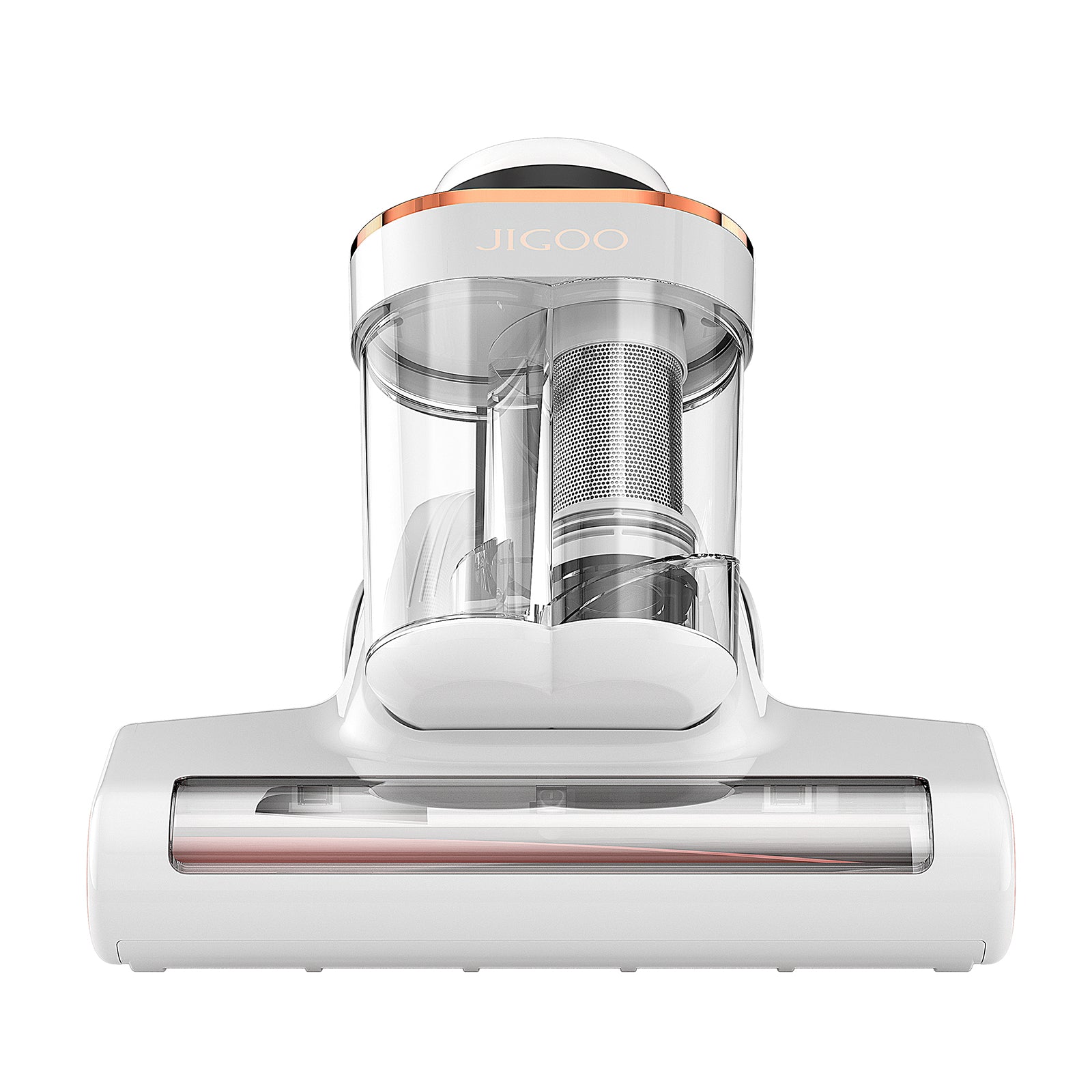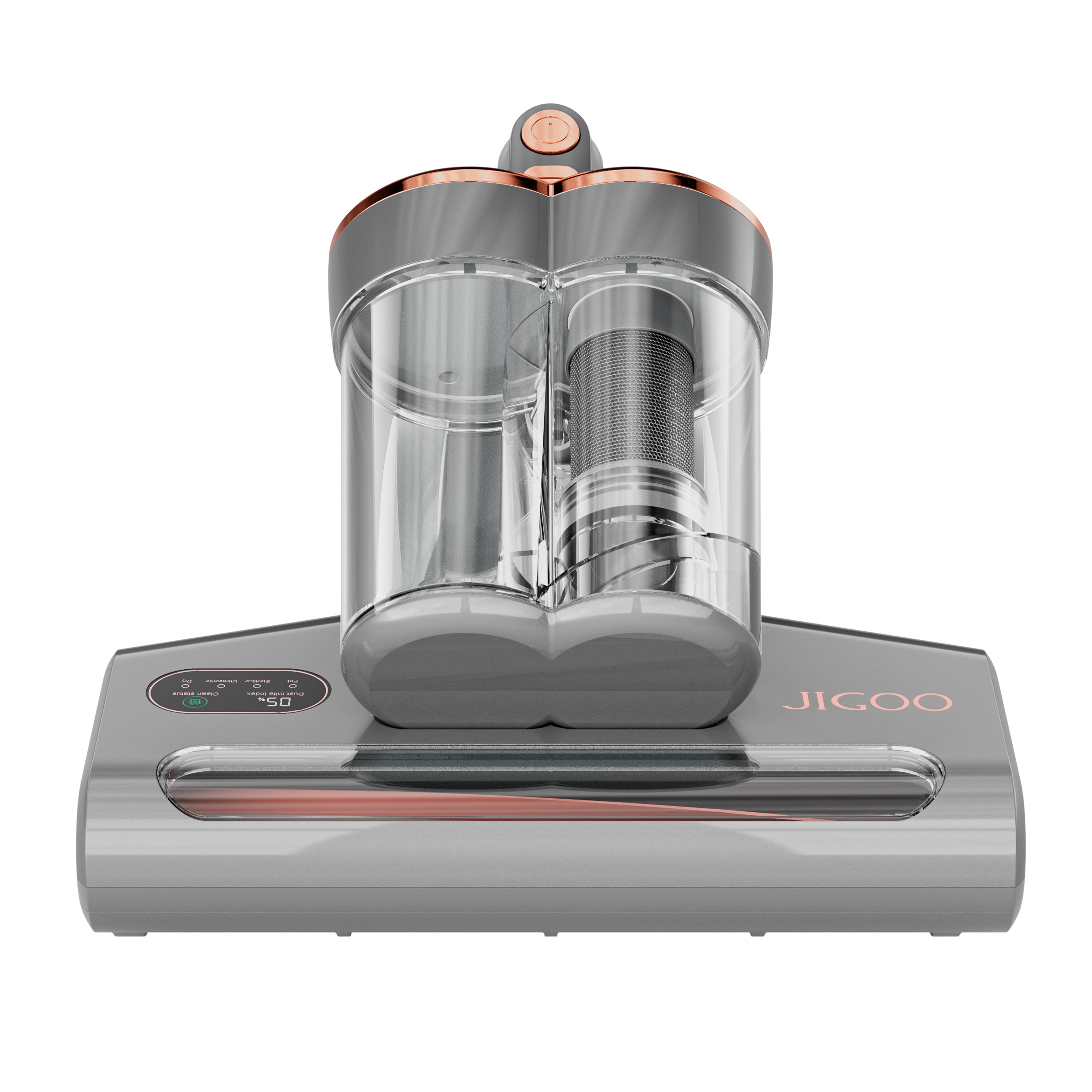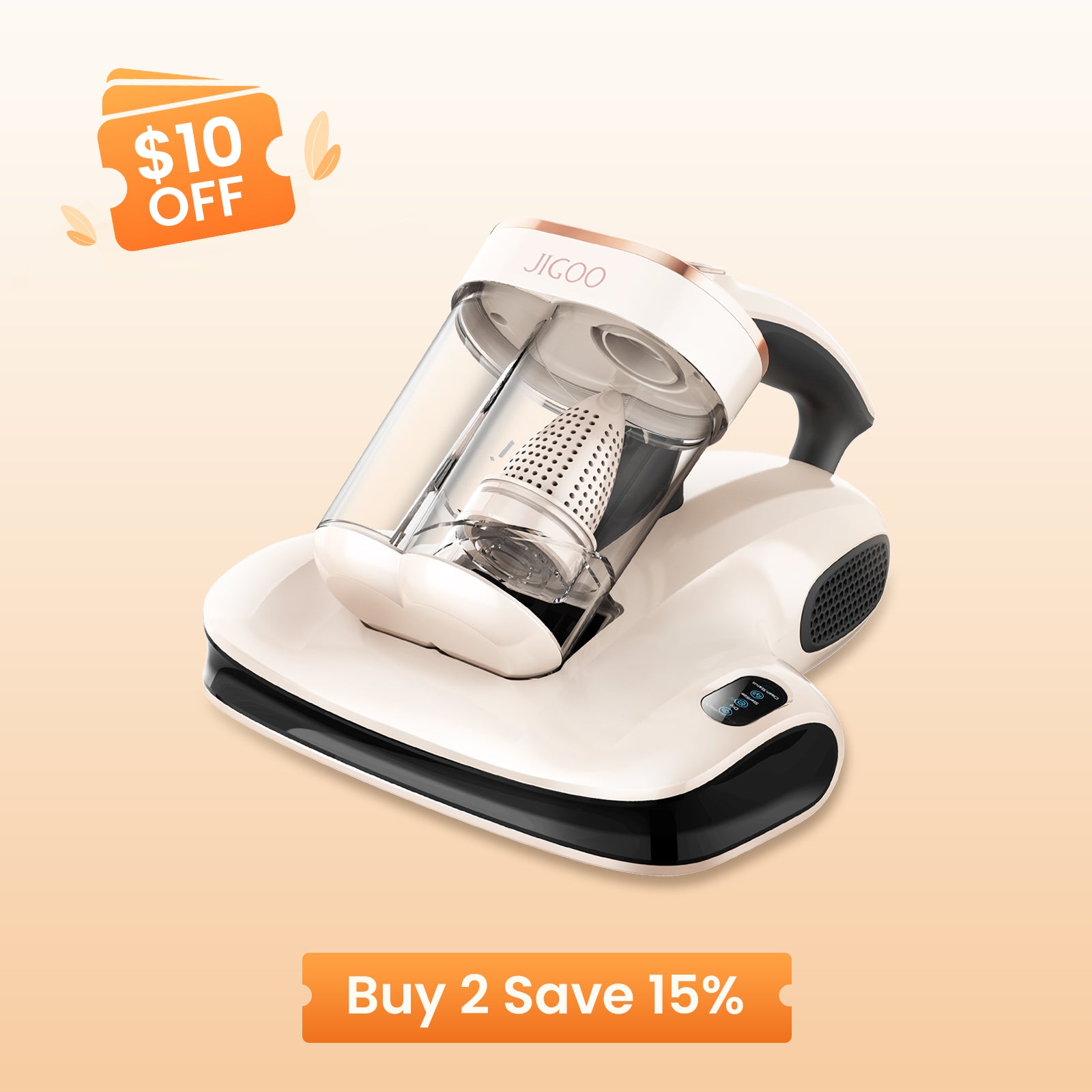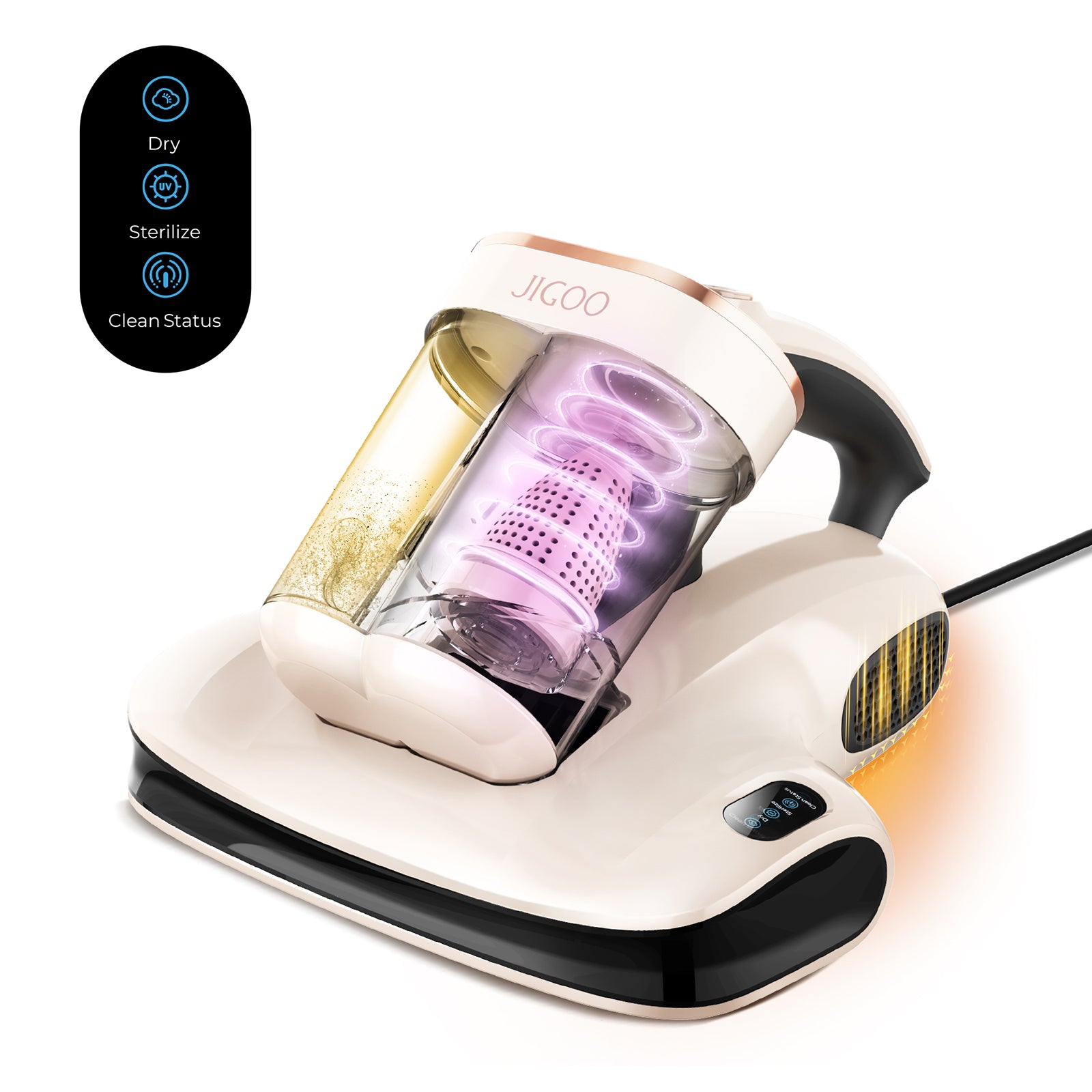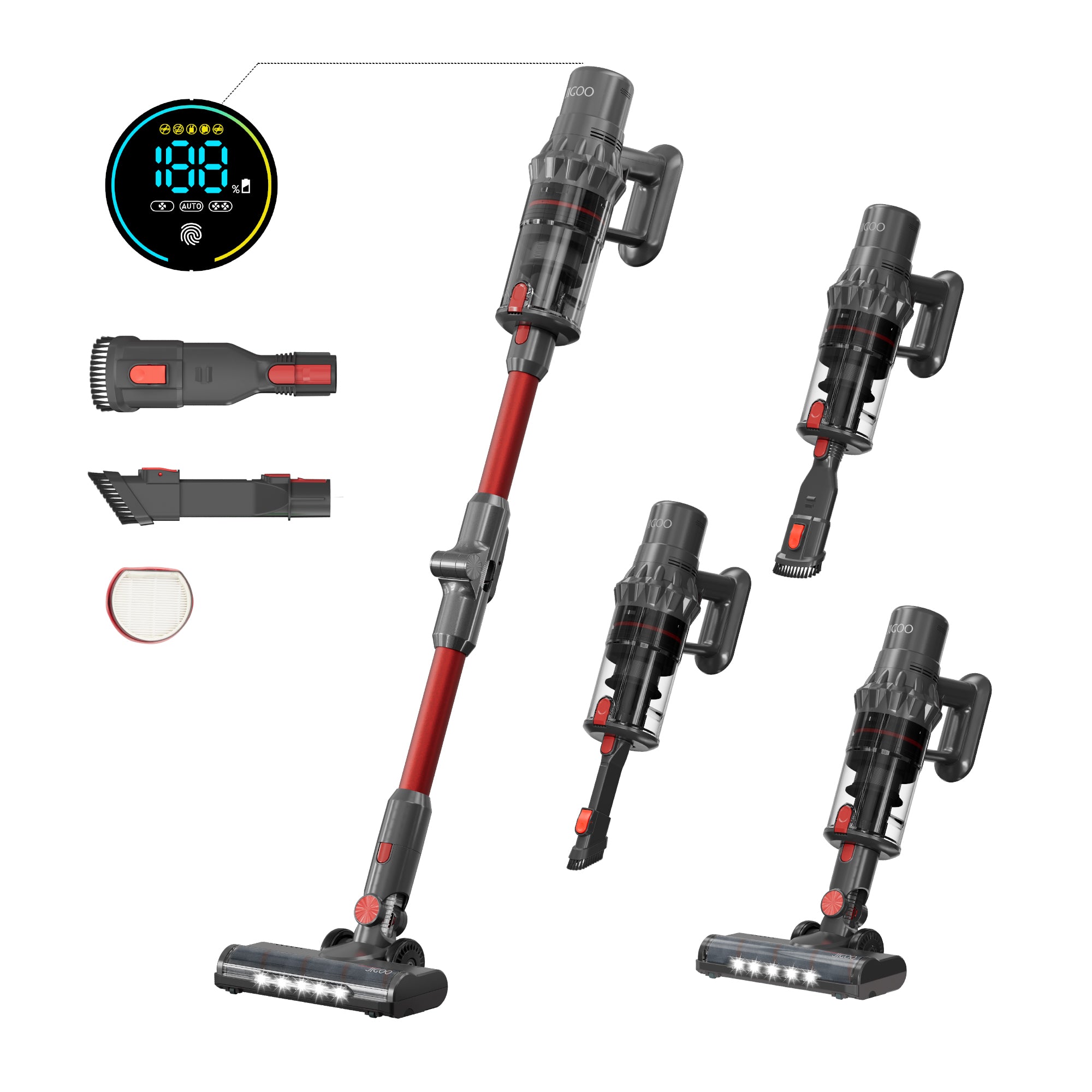For many households, a mattress vacuum cleaner is an essential tool for maintaining a healthy sleep environment. While the device effectively removes dust mites, allergens, and debris, one common issue persists: noise. So, what exactly causes this noise, and how can you minimize it without sacrificing cleaning performance? Let's explore the reasons behind the noise and some solutions.
Why Mattress Vacuum Cleaners Make Noise
In fact, noise is categorized into three main types: normal operating sounds, abnormal noises, and other factors.
Normal Operating Sounds
High-Speed Motor Rotation
At the core of every mattress vacuum cleaner is a high-speed motor, which powers suction and vibration. The motor rotates at high speeds to generate strong suction power. This high-speed rotation creates air pressure differences that allow the mattress vacuum cleaner to draw in dust, mites, and allergens. More powerful motors enhance cleaning efficiency, but they tend to produce higher noise levels.
High-Frequency Vibration
Many mattress vacuum cleaners use high-frequency tapping or vibration to dislodge deeply embedded particles. While this feature is crucial for effective mite removal, the repetitive tapping can produce a noticeable mechanical noise.
Abnormal Noises
Improper Assembly or Damage
Another factor is the metal brushroll or tapping bar assembly. If the metal brushroll or tapping bar is misaligned or shifts during use, the resulting imbalance can cause friction and noise during high-speed motor operation. Additionally, the bearings of the metal brushroll or tapping bar can become poorly lubricated or severely worn over time, leading to increased noise.
Blocked Suction Channel
The suction channel can also be a source of noise. When the channel is blocked by debris or if the dust cup is full, the mattress vacuum cleaner will work harder to maintain suction, resulting in a louder noise.

Damaged Muffler Elements
The mattress vacuum cleaner’s main body is surrounded by a foam silencing layer or other sound insulation materials. If these muffler elements are damaged or missing, the noise level will increase.
Other Factor
Material Resonance
Hard plastic housing can also amplify internal sounds, making the device appear louder than it is.
How to Reduce the Noise
There are several ways to reduce the noise from your mattress vacuum cleaner. One effective method is to optimize the air ducts and add sound insulation panels. This can help to muffle the sound produced by the motor and the airflow. It is helpful to ensure that all components are tightly secured and properly assembled, minimizing noise from vibrations or loose parts.
Regular maintenance is crucial. Check the suction port for blockages and clean the dust cup or container regularly. If your mattress vacuum cleaner suddenly becomes louder, it may be caused by a clog or a loose component. In such cases, to avoid potential damage, we recommend reaching out to a professional for a thorough inspection and repair if you suspect a blockage or loose part inside the mattress vacuum cleaner.

For lighter cleaning tasks, we recommend using a powerful mattress vacuum cleaner with noise-reducing materials. This helps minimize noise for a more comfortable experience, making your cleaning routine quieter and more efficient.
At JIGOO, we prioritize quiet, efficient cleaning. Our mattress vacuum cleaners use noise-reducing materials. For instance, our T600 mattress vacuum cleaner embodies this commitment—delivering powerful mite, bacteria, and allergen removal at just 72 dB for undisturbed comfort. Engineered with advanced high-molecular sound-absorbing materials, it maintains a peaceful environment throughout your home while you clean.
Enjoy a healthier, quieter home with JIGOO!

